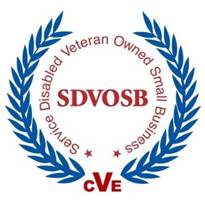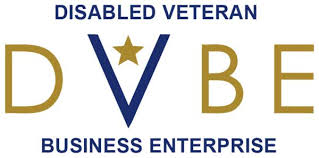In the last blog we covered Federal and State Certifications. Just to clarify, by certification, we mean that there is a 3rd party that evaluates your business for what you say it is. If you claim to be a Service Disabled Veteran Owned Small Business (SDVOSB), then the CVE (Center for Veterans Enterprise) is going to audit your books, scrutinize your company’s documents, and make sure that your company is not being used by another company. The third party verifiers want to insure that you are what you say you are. The same goes for the SBA and the 8(a) application process. Very in depth, very detailed, and very strict in terms of the rule of three: Ownership, Management Control, and Operational Knowledge. If you can satisfy these three categories (the Rule of Three) as the owner of your business, then the likelihood of being certified is very high.
Onto Diverse Business Certifications: Many large businesses and PUC regulated utilities require massive spending with diverse firms. There are several categories that are recognized: Women Business Enterprise (WBE), Minority Business Enterprise (MBE), Disadvantaged Business Enterprise (DBE), and Disabled Veteran Business Enterprise (DVBE). Since we covered the DVBE in last blog, it is important to remember that not every state certifies DVBE, therefore; if your determination is that a service connected disability or veteran status will help in your state, find out if they will recognize the federal certification for Service Disabled Veteran Owned Small Business.
DBE is a very powerful certification since it is recognized by the Department of Transportation (DoT), so that every State Transportation Authority will have a mandatory DBE spend on every contract. This certification can be obtained by the DoT offices in your state. The MBE can be obtained using several sources. One of the most outstanding certification agencies is the Supplier Clearing House (In California) which can be found here: http://www.cpuc.ca.gov/puc/supplierdiversity/clearing.htm . They will also certify WBE and MBE.
Each state may have an independent third party verifier or one related to the public utilities so google the specific certification in your state to determine eligibility requirements.
For women, we use WBENC – Women’s Business Enterprise National Council that has regional affiliates around the country. All of these processes are very intense and require phenomenal documentation. Therefore, I recommend that wherever you are in the course of developing your company you evaluate your ability to document your company’s history. Some common documents required: Bylaws, First Meeting Minutes, Articles, Operating Agreements, Shareholder Agreements, Voting Agreements, Stock Certificates, Stock Ledgers, 3 years taxes (both personal and corporate), Resumes of the principals, Contracts, and initial investments in the company.
Are you ready for the final preliminary step? Continue on to part VI here.

